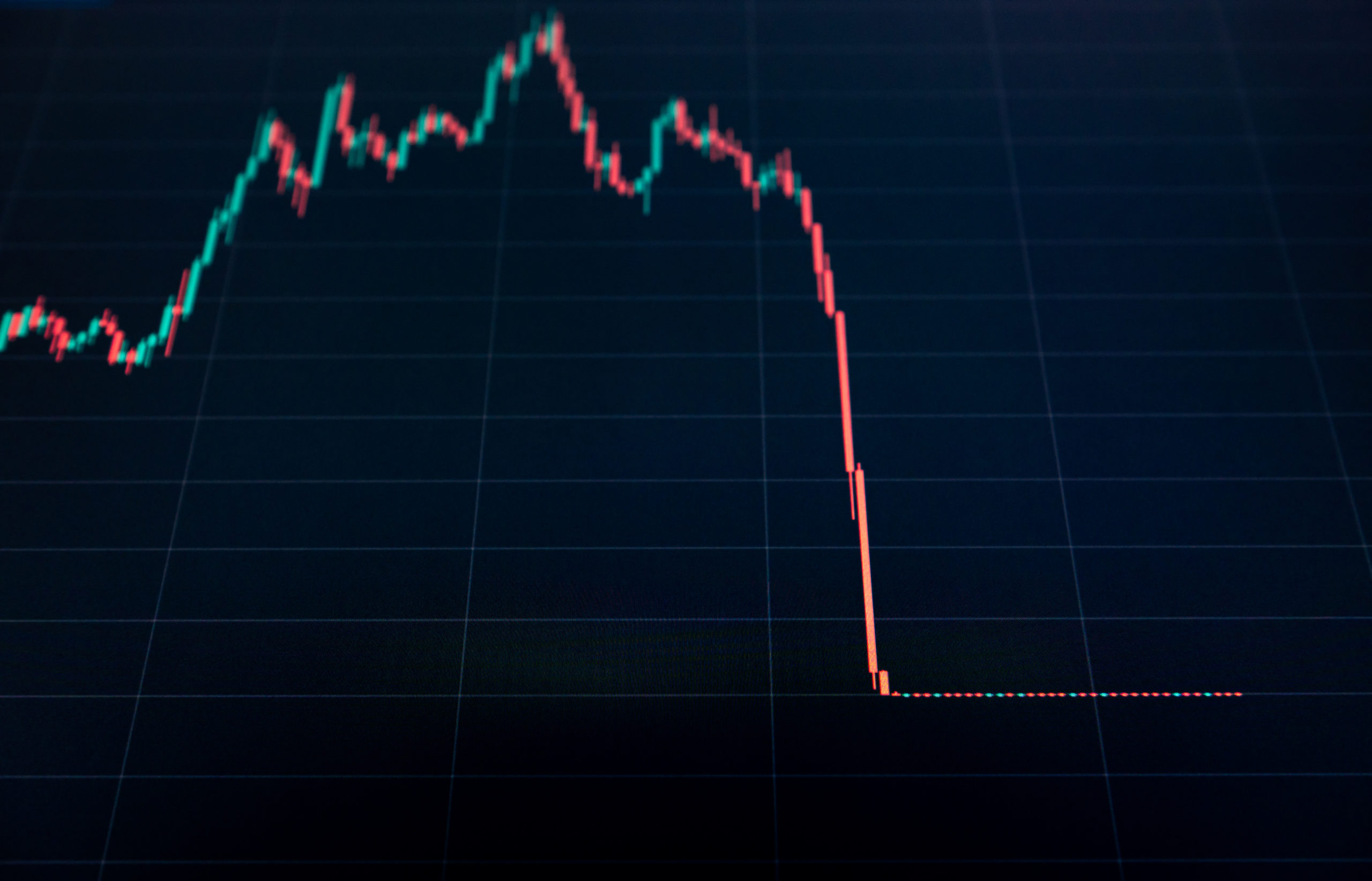Â
This report was originally revealed in FIN, the very best e-newsletter about fintech. Subscribe here.
It’s not just a key that fintech companies have experienced a hellish commence to 2022. As with the dot-com meltdown that started in early 2000, the stress of public marketplaces has uncovered weaknesses in the once-giddy sector, and that in flip has affected each non-public valuations and new investments. Just as unicorn valuations and eye-popping IPOs defined the first 50 % of 2021, layoffs and bailouts are defining 2022.
A short while ago Pitchbook released a thorough guideline to the purple ink, and it is a sobering browse.
As FIN noted previous month, the insurtech sector has been hit specifically challenging. Pitchbook factors out that insurtech stocks have declined by about 80% about the previous yr, in comparison to the S&P 500’s 23% drop and NASDAQ’s 32% decline. Arguably the worst performer in this gloomy group is Hippo, which offers itself as concentrating on “proactive household protection.†The organization went public last year through a particular objective acquisition organization (SPAC) merger backed by heavyweights like Reid Hoffman. Hippo inventory is currently investing at down below $1 a share, and last month the board eliminated cofounder Assaf Wand from the CEO place.
Nevertheless, at minimum Hippo is trimming its losses. Doma, a firm that utilizes equipment intelligence to streamline the real estate closing method, appears to be to be headed backward, inspite of all its technological prowess. In the first quarter of 2022, Doma wrote less rates than it did in the initial quarter of 2021, and saw its working losses boost by extra than 600% in that period. According to estimates accrued by Pitchbook, the company is not anticipated to have higher revenues in 2024 than this calendar year. Doma, as well, went community by using a SPAC, and has observed its inventory tumble about 90%.
Brokerages that depend on cryptocurrency trades are equally dismal. Coinbase stock is down 80% in excess of the very last year, and Pitchbook projects that the company’s income in 2022, 2023 and 2024 will all be lower than it was in 2021.
In short, this is not a temporary setback that will be reversed by some speedy repair in either technology or investor enthusiasm. This is a secular shift that will direct to sector consolidation and modifications in expense conduct. Why, particularly, is this occurring? The timing, as with so quite a few new financial changes, is related to the increase in curiosity premiums, made to fight inflation which by itself was a result of post-lockdown demand. But much more precise to fintech: In the incredibly very first installment of FIN in Oct 2020, we spoke of the “COVID accelerant.†The necessity of distant existence created items like call-absolutely free payments and roboadvisors far much more beautiful and urgent than they had been in 2019 and ahead of. Govt stimulus payment had been also a factor, briefly fueling the working day-buying and selling group as properly as other types of spending. Of system fintech is here to continue to be but most companies will now have to concentrate on profitability as opposed to breakneck development.

